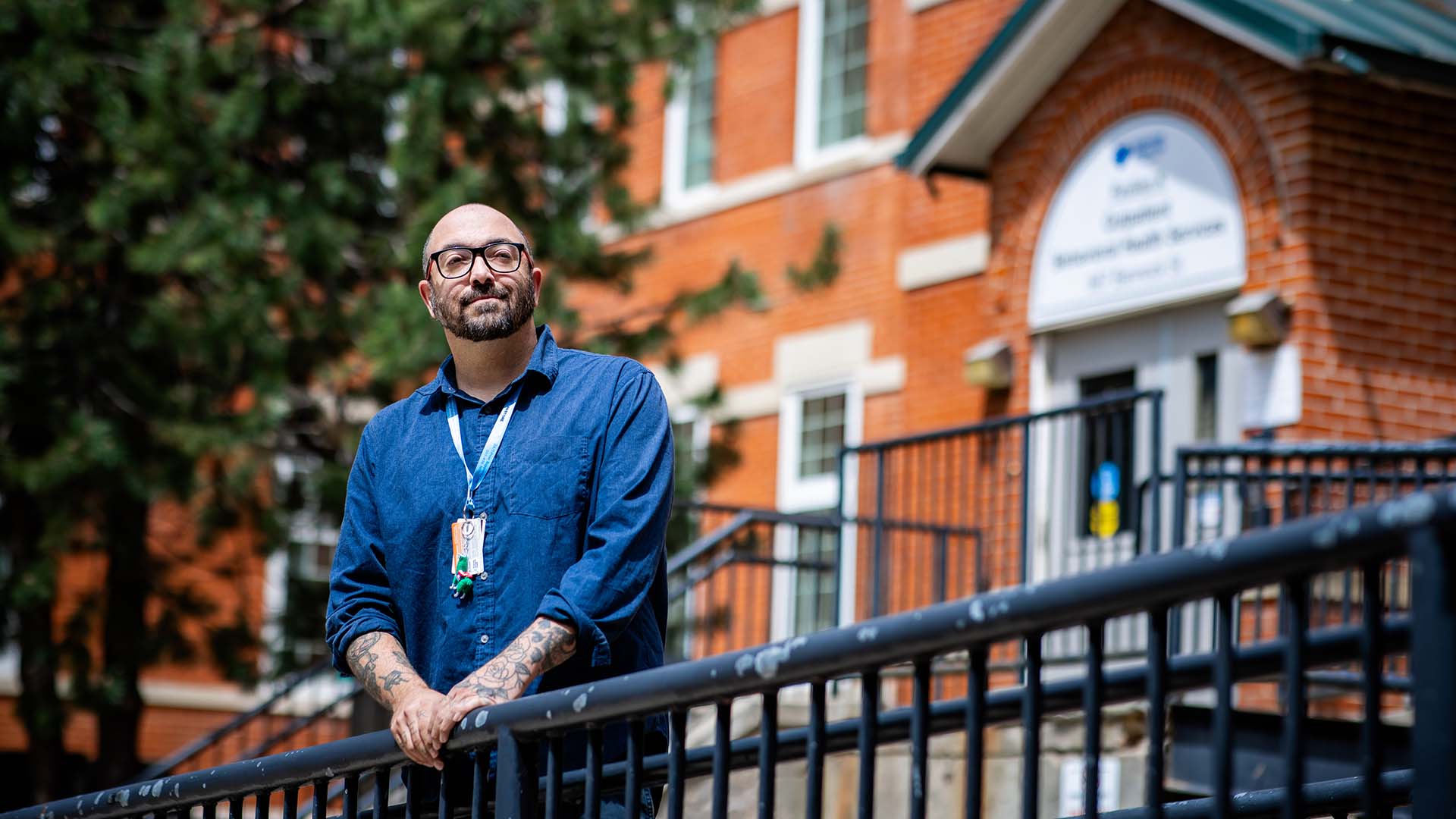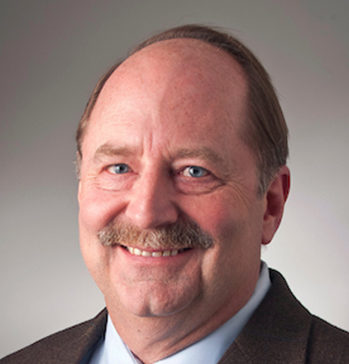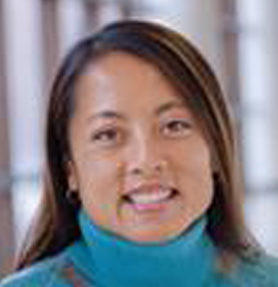The nexus of health and tech
New certificate mixes tech and business to heal what ails the system.

One of the biggest debates within American politics today centers on health care. And much of that conversation is focused on data for improving the outcome of health care delivery. That brings us to MSU Denver and one of the most gratifying parts of Jeff Helton’s job: see a problem, then create a solution that not only solves it but also creates jobs for his students.
A few years ago, Helton, an assistant professor in health care management at MSU Denver with two decades of experience in the field, realized that although health care in the United States had plenty of data, it simply wasn’t good at using that information to improve citizens’ health.
“Essentially, we create mountains of data and just don’t use it well,” Helton says. “We could do so much to improve our health care system if we just better understood how to use it more effectively.”
As an example, Helton says that health care executives today might ask for data about which physicians have the lowest-cost results with asthma care.
“If you just pull a list of total costs for asthma cases and sort by physician, you’ll miss a lot of important details that impact how well a physician can do with a patient,” Helton says. “We need data scientists who think about the bigger picture – like how age, gender and maybe body mass index might impact how well a patient does with asthma.”
So, Helton set out to do something about that.
“I spent a lot of time talking to colleagues in the field about their needs in data analysis and they kept coming back with, ‘we need tech skills, but also an understanding of the business, too,’” he says. “They needed people who understood databases and statistics, and who could use those skillsets to solve business problems.”
Helton heeded their feedback and began working with Nancy Sayre, associate vice president, Innovative Program Development and Delivery at MSU Denver, to create a certification based specifically on industry needs.
A few months later, they unveiled the Health Data Science Certificate, which includes six courses: two basic classes in health care and health care computer systems, “to help people new to health care get essential business knowledge,” Helton says.
The other three courses cover health care data, databases and statistical analysis for technical skills.
Students conclude with a practical experience course and complete a project to apply their new skills.
“This is where they show us they have that combination of technical skills and health care business insight the field needs,” Helton says.
Graduates will be qualified to work as health data analysts, health data scientists, or clinical data analysts in hospitals, clinics or government agencies.
“That’s the real goal of this certificate – to help students get the technical skill of database and statistics, and using those skills to solve business problems,” Helton says. “Health data jobs are some of the most in-demand jobs because of the unique mix of skills needed to help address these challenges.”
Today, more than 40 students are enrolled in the program. One of those students, Liliana Stagakes, a speech therapist, began the certification last year and will finish it in 2018.
“I’ve been working in health care for 15 years and I’ve seen the need for data analysis firsthand,” Stagakes says. “That’s why I decided to get the certificate. I need to update my tech skills, and I believe it will help me in the field because data is the future of health care – employees want these skillsets.”







